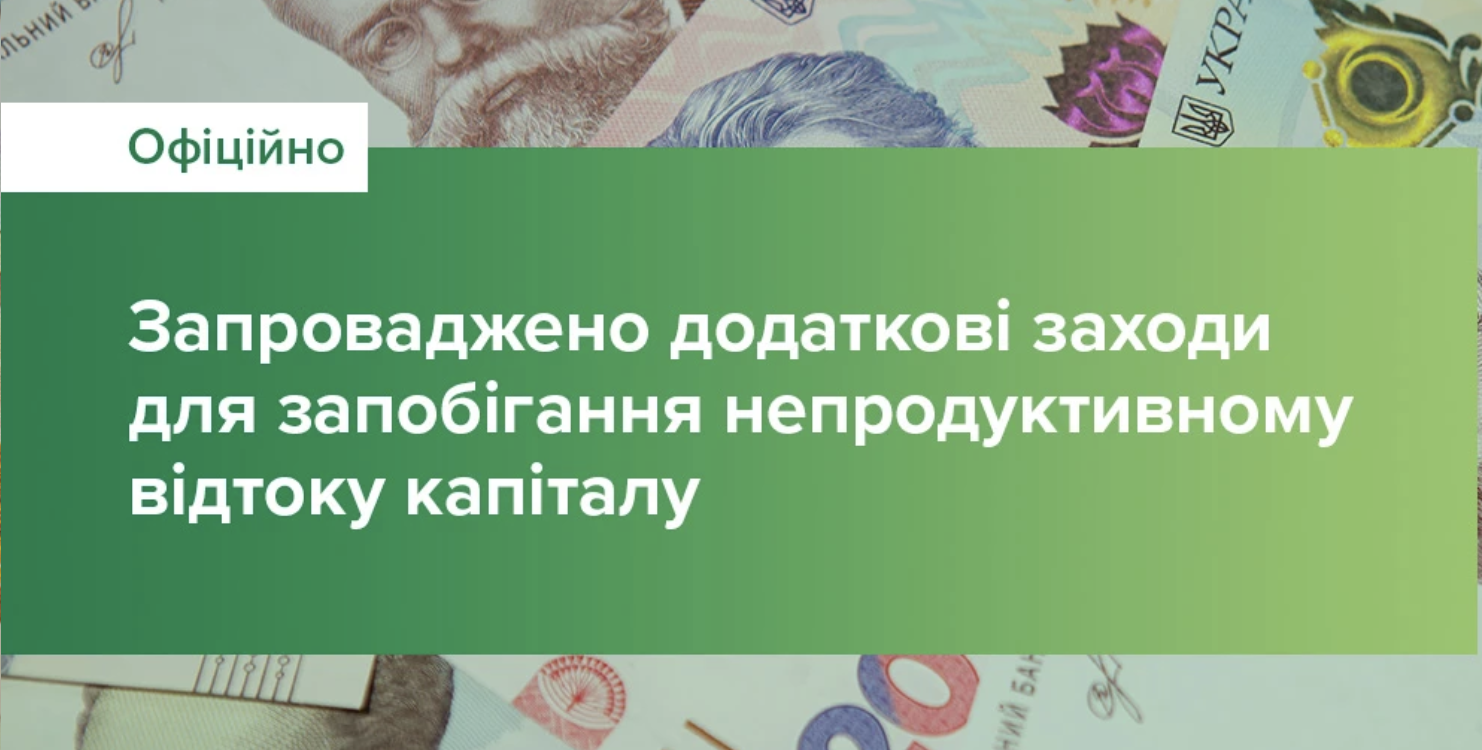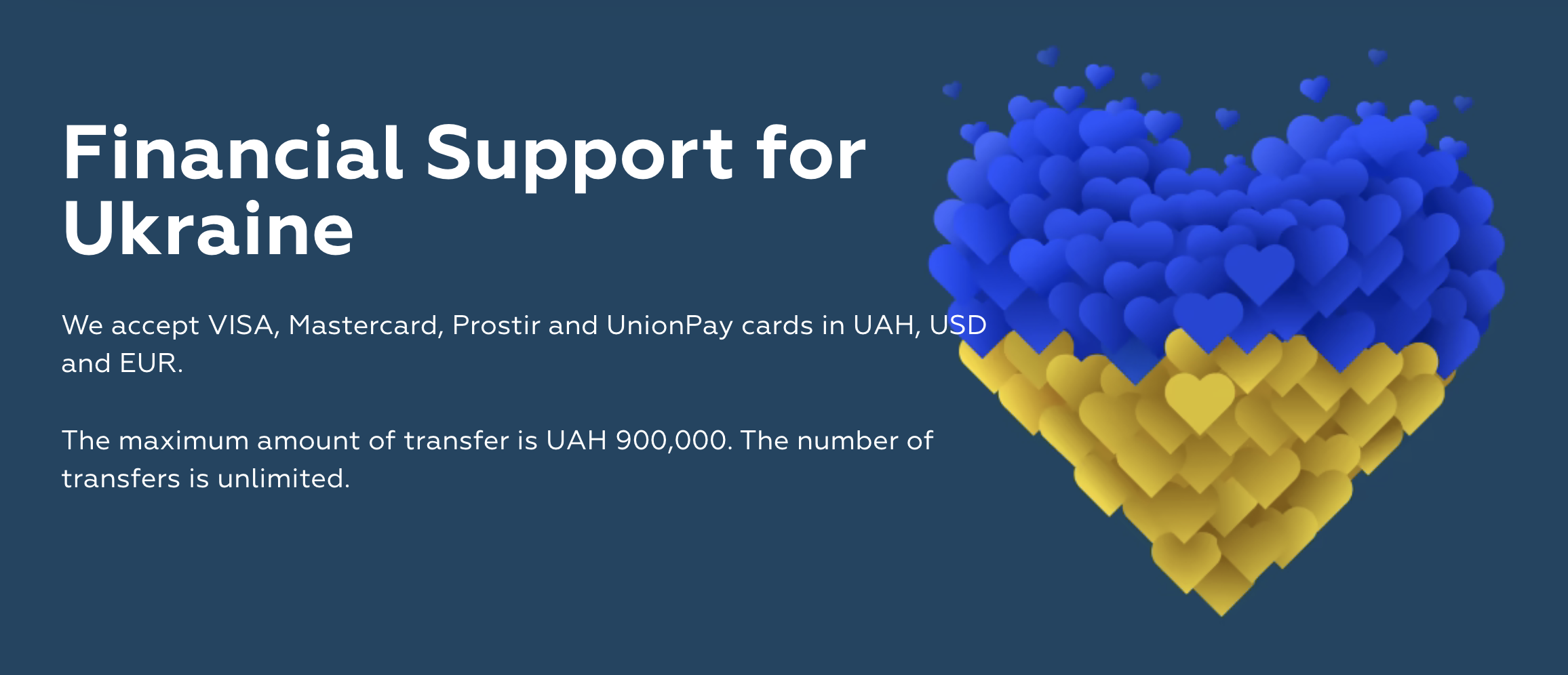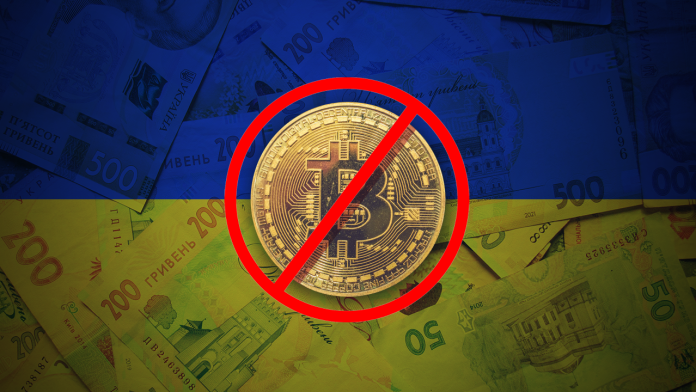tl;dr Summary: Despite initially accepting crypto donations to help relieve the costs of war, the Central Bank of Ukraine banned purchase of cryptocurrency using the local currency, hryvnia, and limited the total monthly limit of crypto purchases via international currency to ~$3400 USD.
After El Salvador set a precedent by making bitcoin legal tender, Ukraine decided to associate itself with this space and legalized crypto. They also allowed crypto to be used for international donations towards their war relief. Ukraine’s decision to accept crypto for donations has been welcomed with open arms by the crypto community and allowed the uses of crypto to reach a broader audience.
However, to everyone’s surprise, in a recent notice by the Central Bank of Ukraine, it has banned its citizens from purchasing cryptocurrencies with the local currency hryvnia. The specifications in the law include a monthly limit of crypto purchases by individuals. The purchases can only be done in international currency equivalent to 100,000 hryvnia per month, which is roughly $3400 USD at the time of writing.

Quasi Cash Transactions
The new ban includes ‘quasi cash transactions,’ which is any type of transaction that involves transferring your money online to be involved with international organizations. For example, adding funds to a digital wallet, forex accounts or online travel payments. This term has now been expanded to include the purchase of virtual assets. All of these online payments have one thing in common: exchanging the local currency, hryvnia, with other currencies that are internationally dominant and have a higher liquidity i.e. more buyers and sellers. Hence, Ukraine has adopted such a stance to “prevent unproductive outflow of capital from the country under martial law.”
So, why does spending money on digital currencies affect the country and why is it important? The answer lies in the basic principle of supply and demand. In these tough times for Ukraine, they need their own currency to hold value to finance the costs of war. If people start exchanging their currency for any other foreign currency, the demand for hryvnia falls which ultimately leads to a decrease in value of the hryvnia. When the demand falls, the government is not able to fund its war operations as it would be paying with a currency no one wants.
An example of this ban in practice is when a leading bank in Ukraine, PrivatBank, temporarily prohibited cross border transfers of the local currency which included the purchase of digital currencies on exchanges.

What’s the positive impact of the use of crypto?
Cryptocurrencies have benefited Ukrainians in this time of turmoil in various ways. Crypto has proven itself superior to normal fiat donations with their ability to be transferred seamlessly, cheaply, and anonymously across borders.
Donations using crypto have allowed people all across the world to sympathize with the Ukrainians and share their grief. Ukraine initially adopted a friendly policy towards cryptocurrencies and allowed exchanges to operate legally under the regulation of Ukraine’s National Commission on Securities and the Stock Market. Acquiring this stance, it received close to $100 million in crypto donations which included donations from the founder of Polkadot, Gavin Wood, Ethereum’s co-founder, Vitalik Buterin, and a CryptoPunk NFT worth close to $200,000.
These donations were used to buy bullet proof vests, helmets, first aid kits, medications and food packages for the military. Different funds were set up to help refugees migrate to safer places and contributed to their food and shelter costs. If a centralized approach, i.e. through banks, had been adopted it would have been quite inefficient and slow. You would have had to submit forms proving that you are not financing the wrong people and had to come up with evidence which would take weeks or even months to get verified. In addition, the fees on the donation would easily mount up to a large sum considering the fees by your local banks, then the conversion fees, etc. This is all to accommodate the middlemen involved in the transfer. On the bright side, a negligible fee on bitcoin allows it to be transferred seamlessly and directly into the wallet of the recipient.
What’s the negative impact of the use of crypto?
Ukraine’s initial stance on crypto allowed large sums of money to escape the local banks which made less capital available inside the country. A total of $1.7 billion dollars left the country in March and $900 million in April. Hence, measures had to be taken to protect the falling demand of the hryvnia. According to a statement by the Ukraine National Bank:
“The relevant changes will help improve the foreign exchange market, which is a necessary prerequisite for further easing of restrictions, as well as reducing pressure on Ukraine’s international reserves.”
Conclusion
Cryptocurrencies have met a turning point because of their involvement in the Russia-Ukraine war. For the people of Ukraine, it is a means for easy money transfer and help from overseas. However, in the government-backed financial system we all exist in, where money is in the hands of a central bank, a great revolution is necessary for a free market to exist. For now, fiat and crypto co-exist in an unequal relationship—with crypto being considered less legitimate—which makes it difficult for countries to balance the use of both successfully. But there is no doubt about the fact that crypto has moved from being ‘magical internet money’ to an issue needing to be addressed by big banks and politicians.





